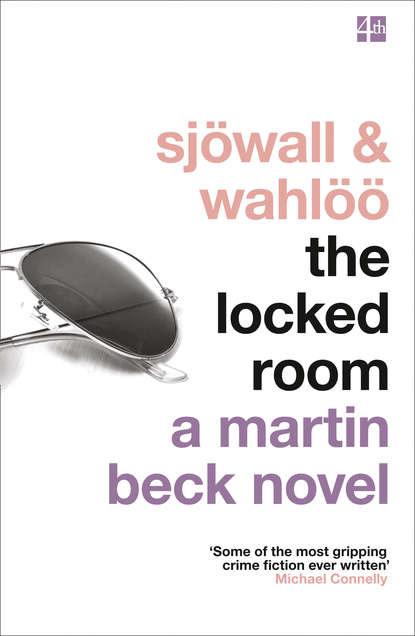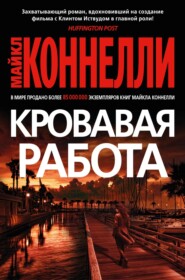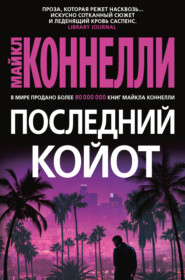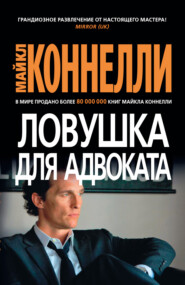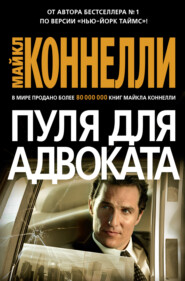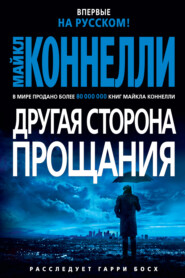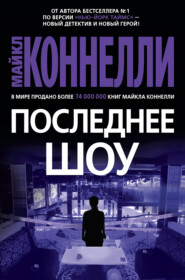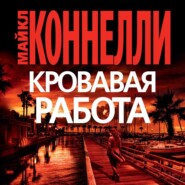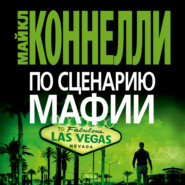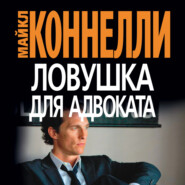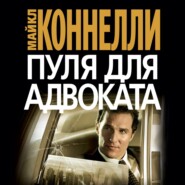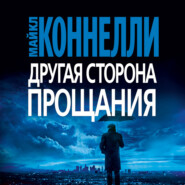По всем вопросам обращайтесь на: info@litportal.ru
(©) 2003-2024.
✖
The Locked Room
Автор
Год написания книги
2019
Настройки чтения
Размер шрифта
Высота строк
Поля
‘What gun?’
‘The one Svärd had shot himself with. I knew nothing about any gun, but I assumed one of the officers who'd taken the call had found it.’
‘I have their report in front of me,’ Martin Beck said. ‘If there'd been a firearm in the flat there should be some mention of it.’
‘I can't see how this radio patrol could have made any mistake,’ the man said, at once on the defensive. He was disposed to defend his men, and it wasn't hard to see why. During the past year criticism of the regular police had been growing steadily. Relations with the public were worse than ever before and the burden of work had almost doubled. As a consequence, any number of policemen had simply given up. Unfortunately they were generally the best. In spite of massive unemployment in Sweden it was impossible to get new men, and the recruiting base was getting smaller than ever. Those policemen who stayed felt an even stronger need to stick together.
‘Maybe not,’ Martin Beck said.
‘Those guys did exactly what they should have done. After they'd let themselves in and found the dead man, they called in one of their superiors.’
‘This Gustavsson guy?’
‘Exactly A man from the Criminal Investigation Division. Apart from the actual finding of the corpse it was his business to draw conclusions and report observations. And I assumed they'd shown him the gun and he'd taken care of it.’
‘And then not even bothered to report it?’
‘Such things can happen,’ the policeman said dryly.
‘Well, it appears now there was no weapon inside the room.’
‘No. But I didn't find that out till Monday, a week ago, when I was speaking to Kristiansson and Kvastmo. Whereupon I immediately sent the documents over to Kungsholmsgatan.’
The Kungsholmen police station and the CID offices were in the same block. Martin Beck took the liberty of saying: ‘Well, that wasn't very far, anyway.’
‘We've made no mistakes,’ the man said.
‘Actually I'm more interested in what happened to Svärd than in who might have made a mistake,’ Martin Beck said.
‘Well, if a mistake's been made, it hasn't been by the Metropolitan Police, anyway.’
This retort was insinuating, to say the least. Martin Beck found it best to terminate the conversation. ‘Thanks for your help,’ he said. ‘Good-bye.’
The next man on the line was Detective Sergeant Gustavsson, who seemed to be in an incredible rush. ‘Oh that,’ he said. ‘Well, I don't understand it at all. But I assume things like that do happen.’
‘What things?’
‘Inexplicable things, puzzles to which there's quite simply no solution. So one sees at once one might as well give up.’
‘Be so kind as to come over here,’ Beck said.
‘Now? To Västberga?’
‘That's it.’
‘Unfortunately that's impossible.’
‘I think not.’ Martin Beck looked at his watch. ‘Let's say half past three.’
‘But it's simply impossible …’
‘Half past three,’ Martin Beck said, and put down the phone. Getting up from his chair he started pacing his room, his hands clasped behind his back.
This opening skirmish said volumes about the trend during the last five years. More and more often one was obliged to initiate an investigation by trying to sort out what the police had been up to. Not infrequently this proved harder than clearing up the actual case.
Aldor Gustavsson made his entrance at 4.05. The name hadn't meant a thing to Martin Beck, but as soon as he saw the man he recognized him. A skinny guy, aged about thirty, dark-haired, with a tough, nonchalant air. Martin Beck recalled having seen him now and then in the orderly room of the Stockholm CID as well as in other less prominent contexts.
‘Please sit down.’
Gustavsson sat down in the best chair, crossed his legs, and took out a cigar. He lit it and said: ‘Crazy story, this, eh? What did you want to know?’
For a while Martin Beck sat quietly, rolling his ball-point pen between his fingers. Then he said: ‘At what time did you get to Bergsgatan?’
‘Some time in the evening. About ten.’
‘What did it look like then?’
‘Bloody horrible. Full of big white maggots. Smelled to high heaven. One of the constables had thrown up in the lobby.’
‘Where were the officers?’
‘One was on guard outside the door. The other was sitting in the car.’
‘Had they guarded the door the whole time?’
‘Yeah, at least according to their own account.’
‘And what did you do?’
‘I went right in and took a peek. It looked bloody awful, like I said before. But it could have been something for CID, one never knows.’
‘But you drew another conclusion?’
‘Sure. After all, it was as clear as daylight. The door had been locked from inside in three or four different ways. It had been as much as those guys could do to get it open. And the window was locked and the blind drawn.’
‘Was the window still closed?’
‘No. Obviously the uniforms had opened it when they'd come in. Otherwise no one could've stayed in there without a gas mask.’
‘How long were you there?’
‘Not many minutes. Just long enough to establish the fact that it wasn't anything for the CID. It must have been either suicide or natural death, so all the rest was a matter for the uniforms.’
Martin Beck leafed through the report. ‘There's no list of any objects being taken into custody here,’ he said.
‘Isn't there? Well, I suppose somebody ought to have thought about that. On the other hand there was no point in it. The old boy hardly owned a thing. A table, a chair, and a bed, I guess; and then a few bits of junk out in the kitchenette.’
‘But you looked around?’





